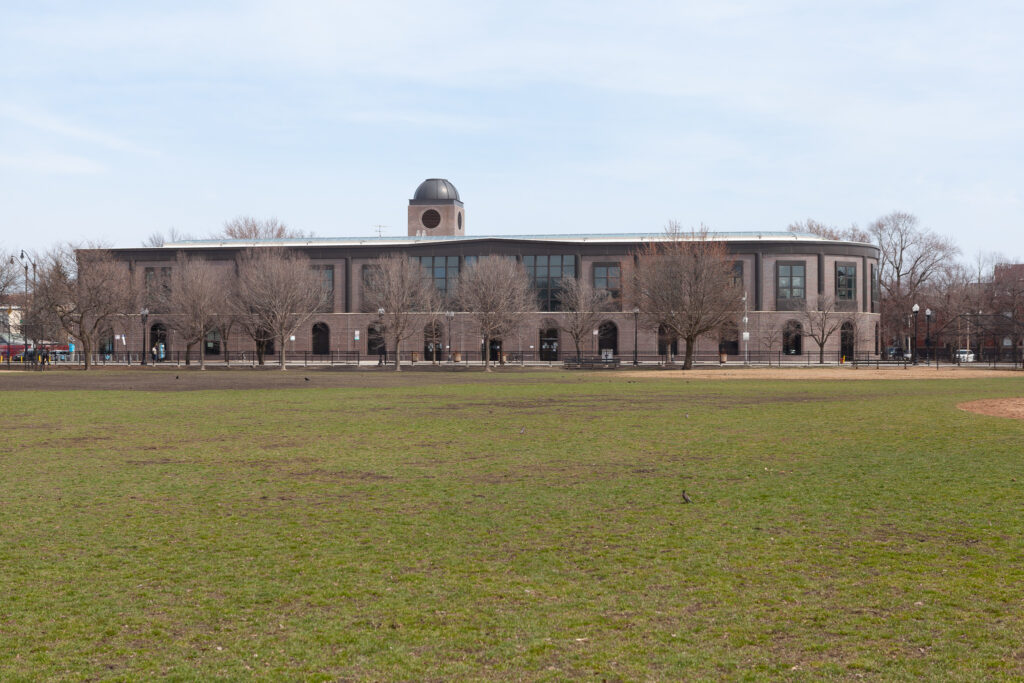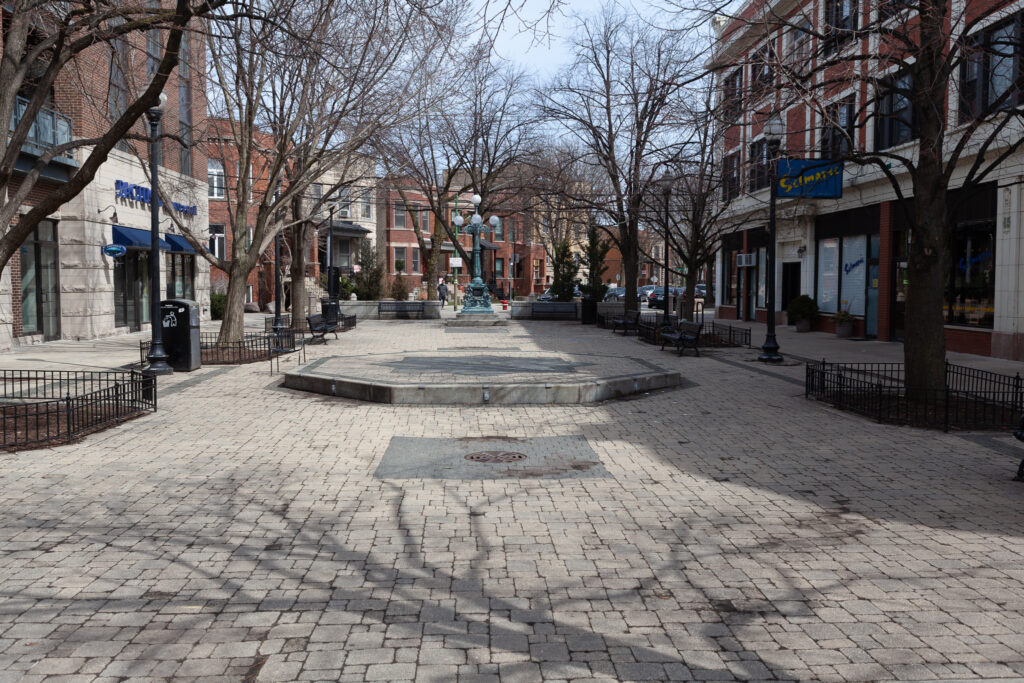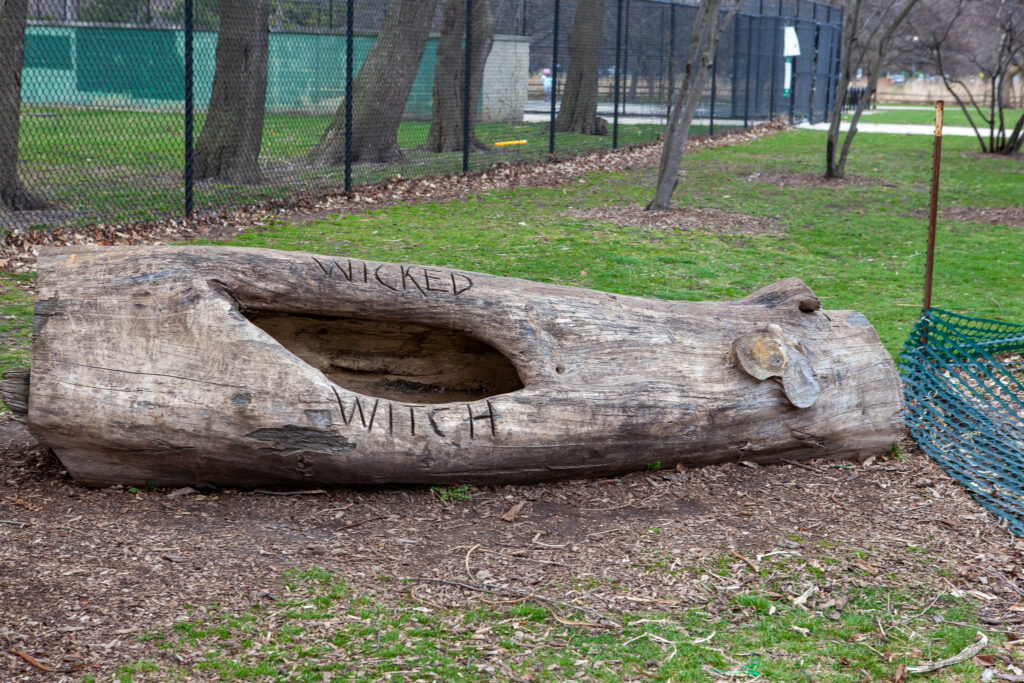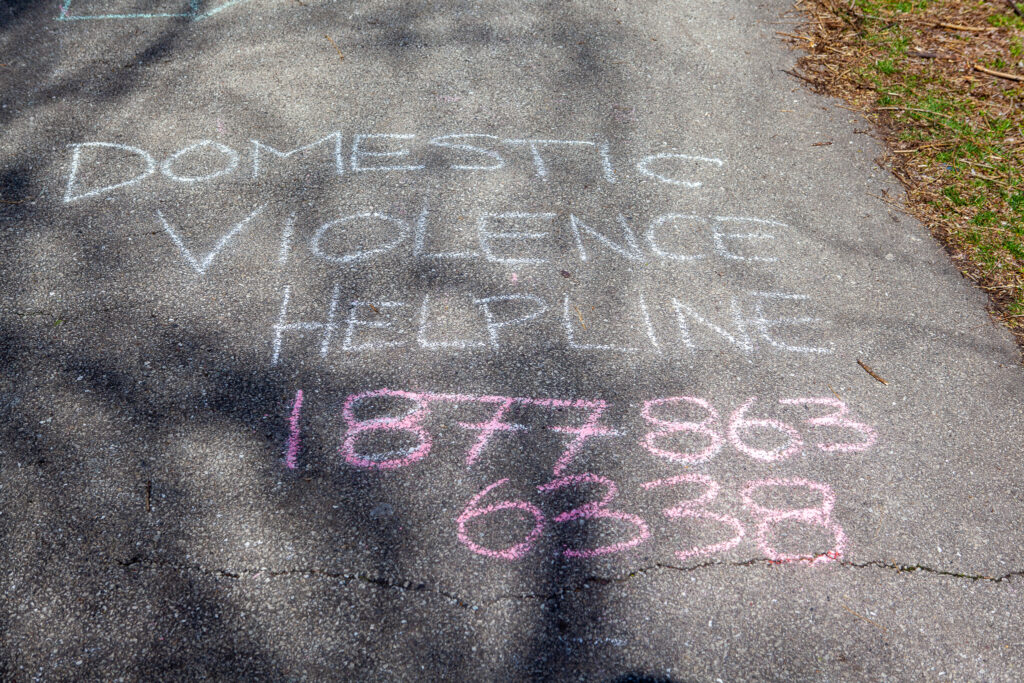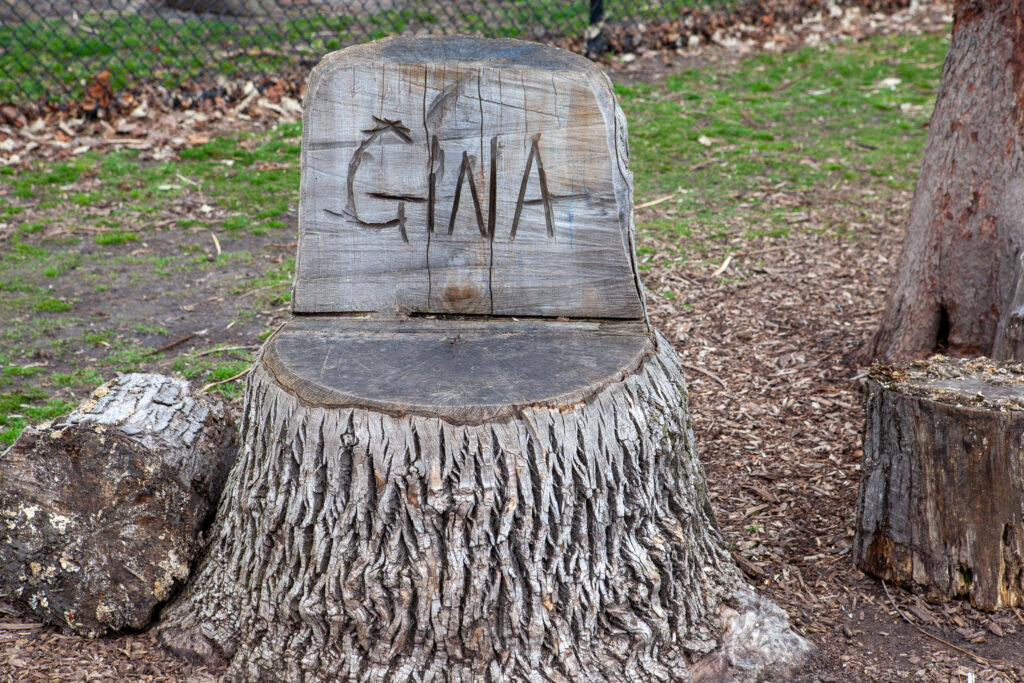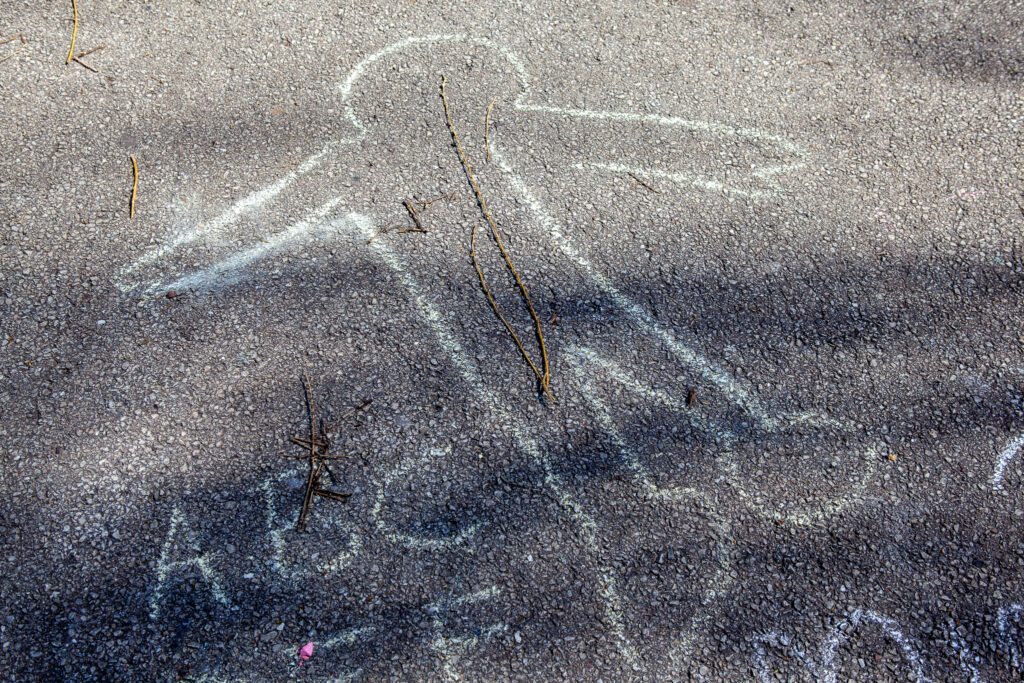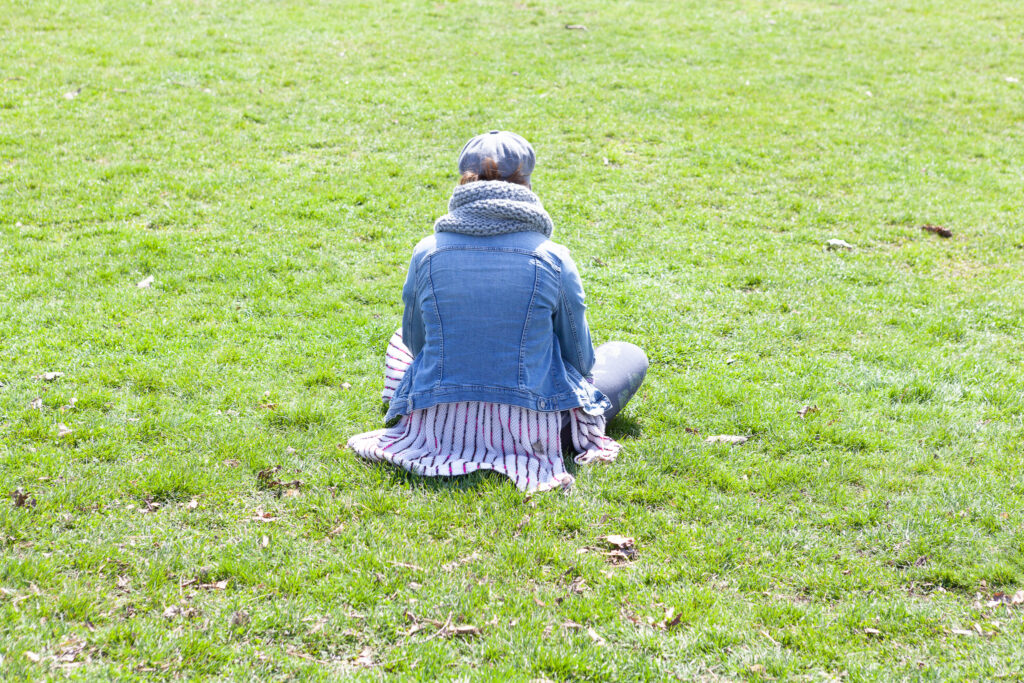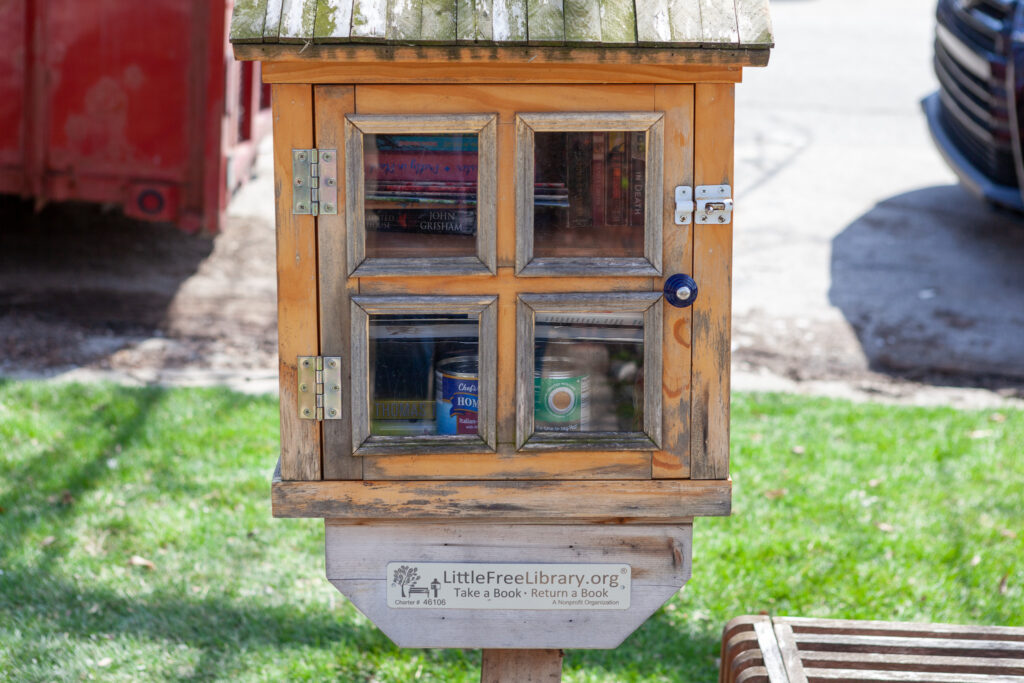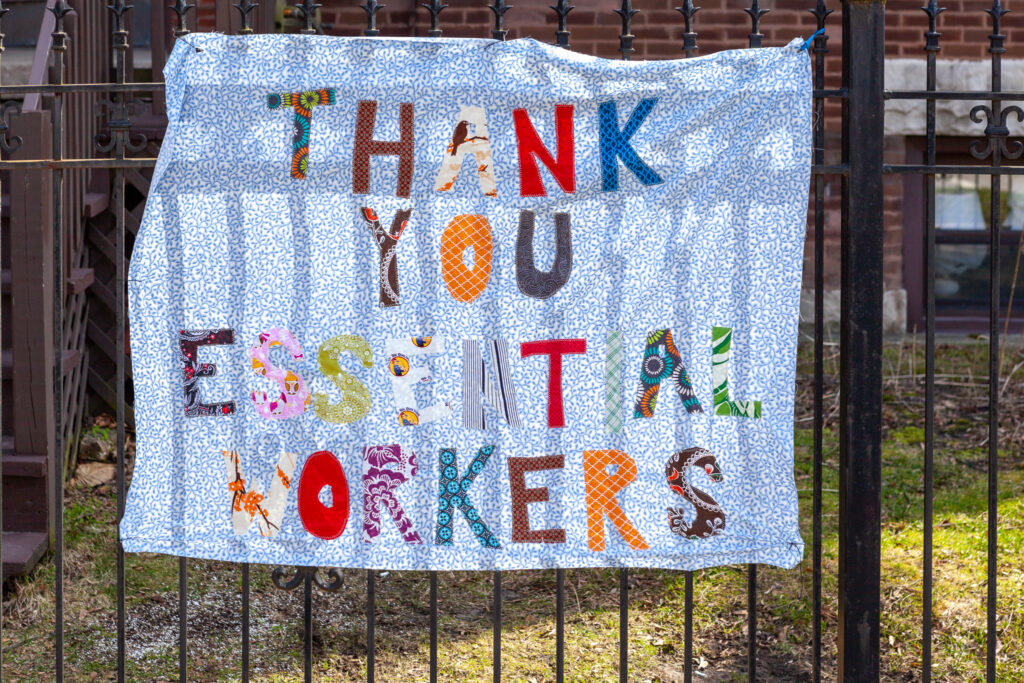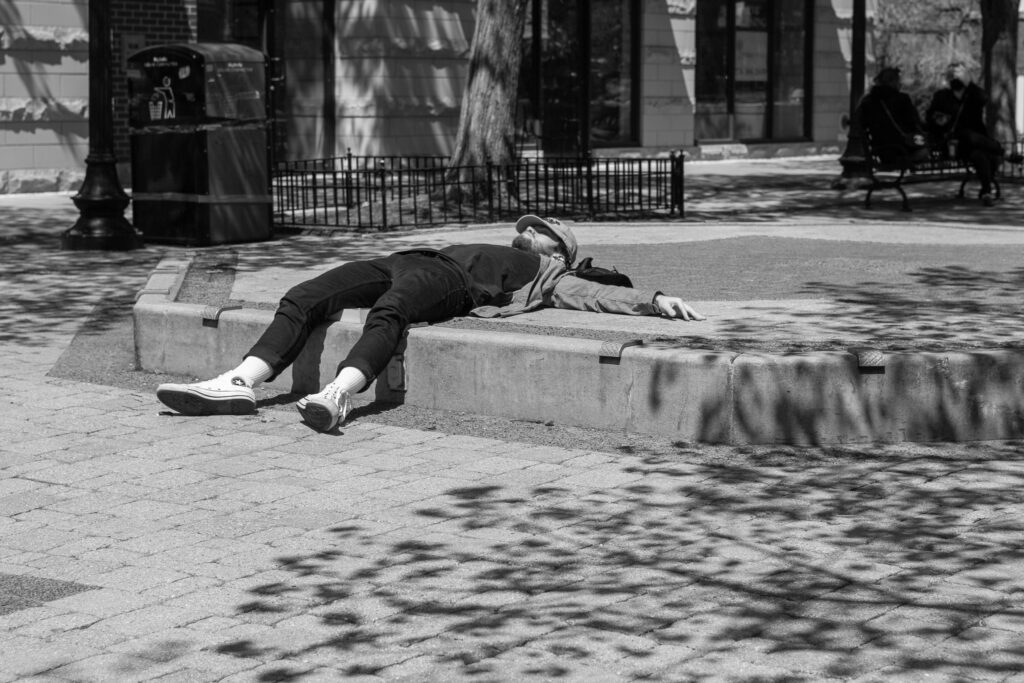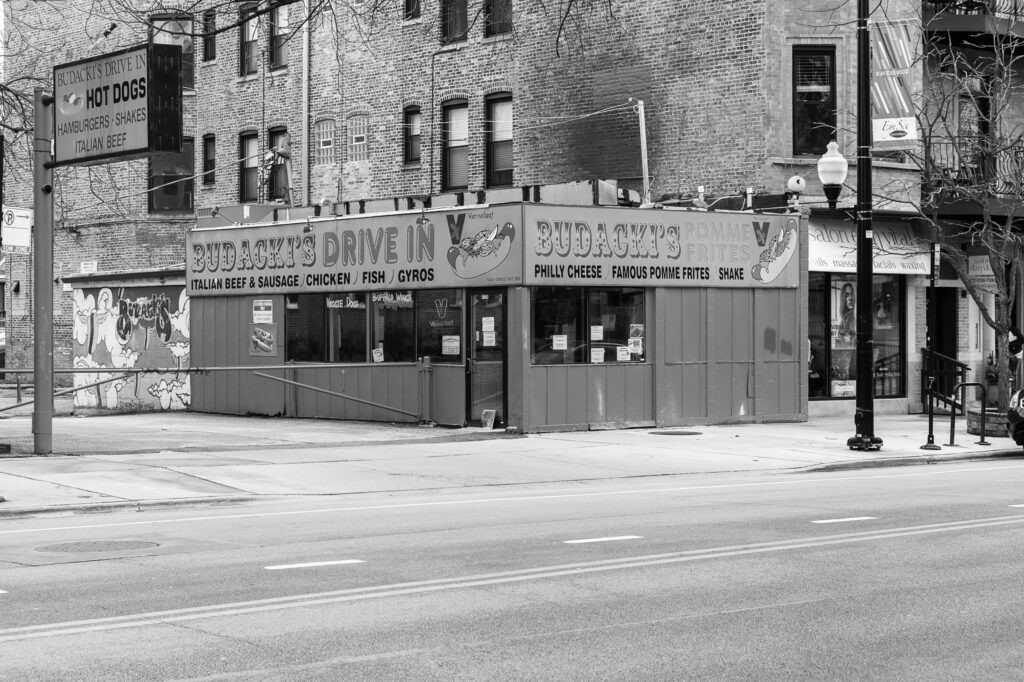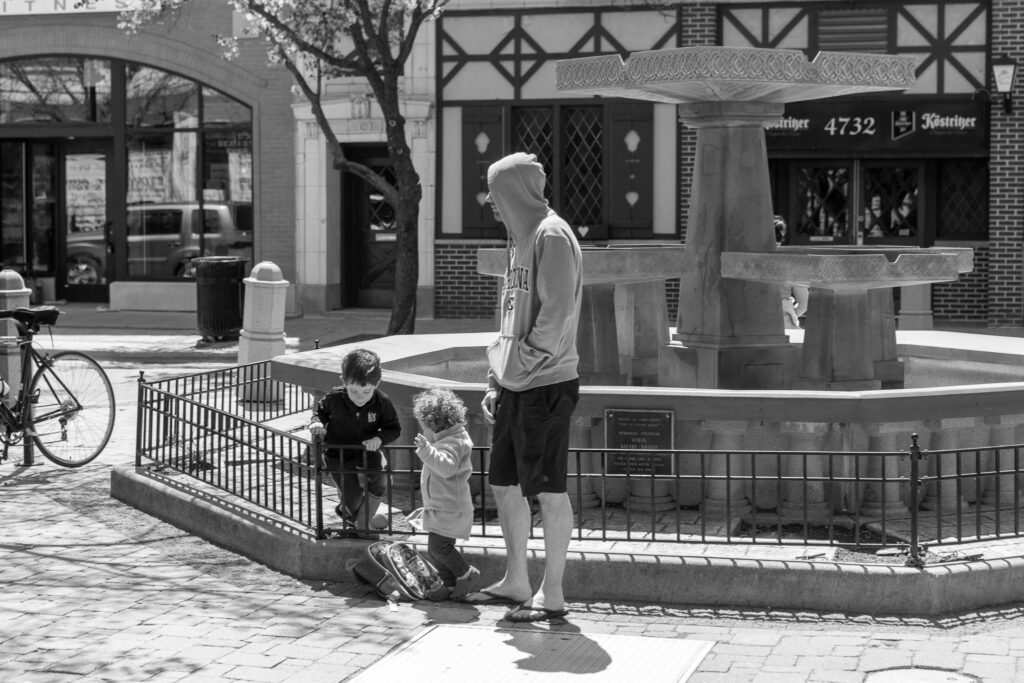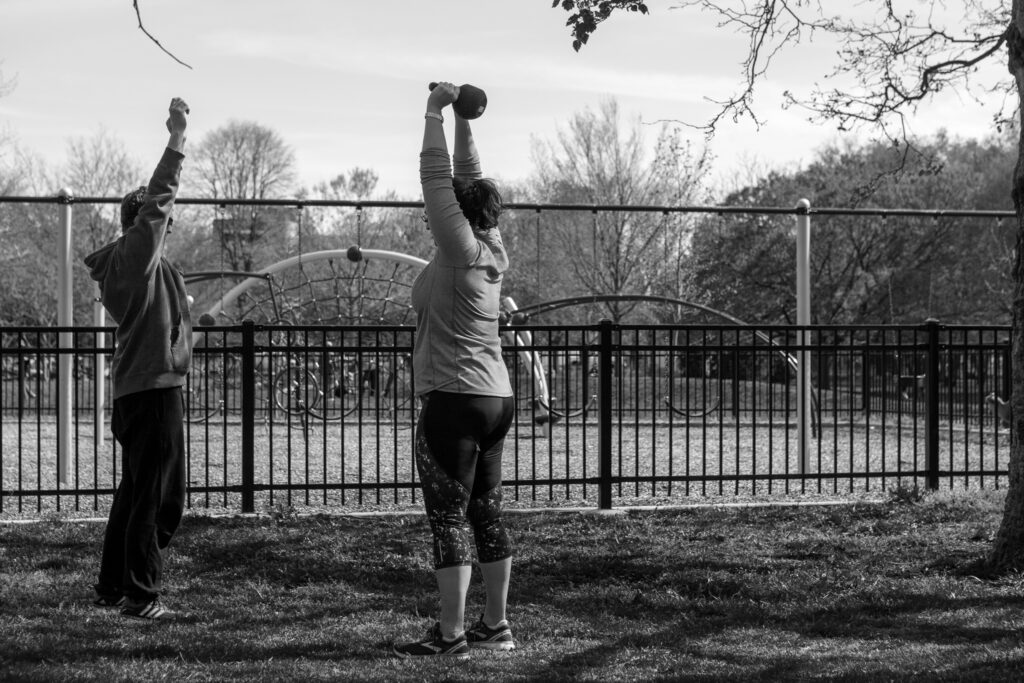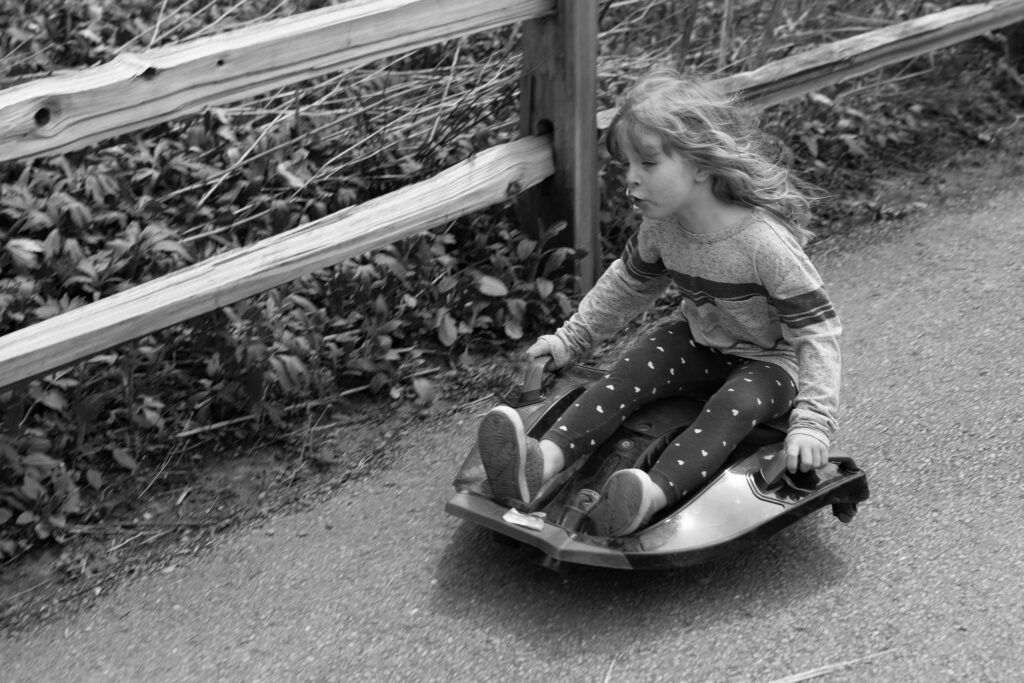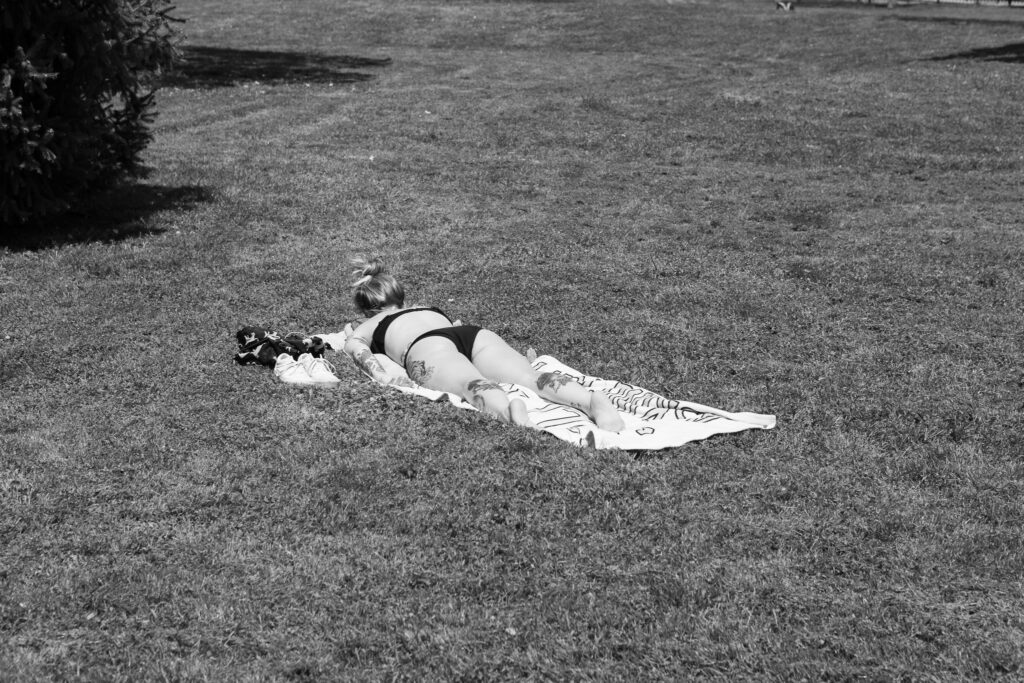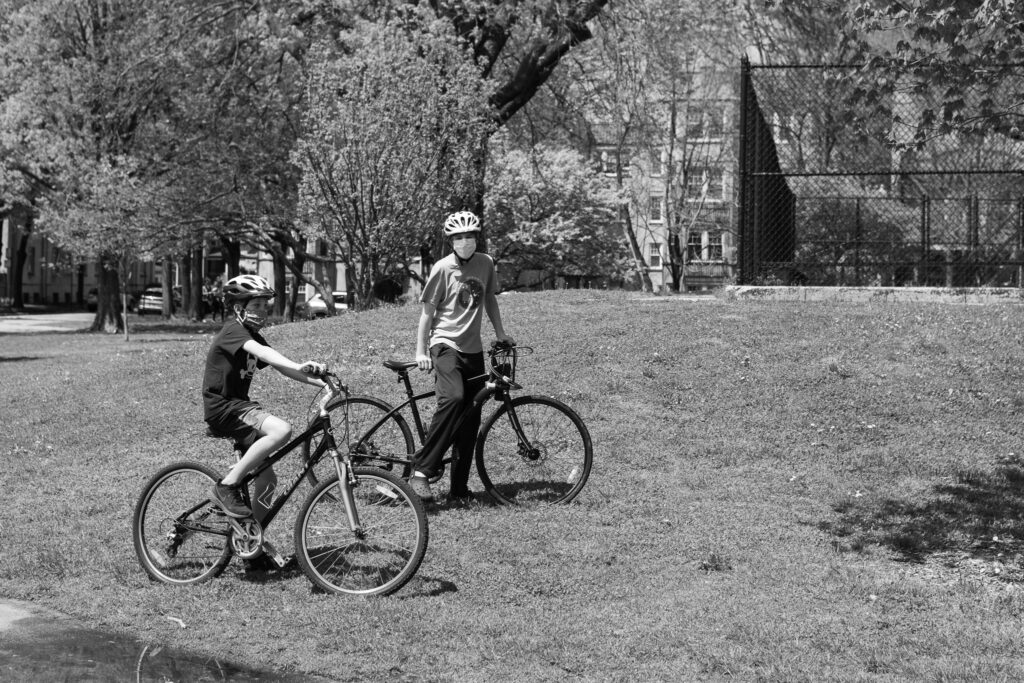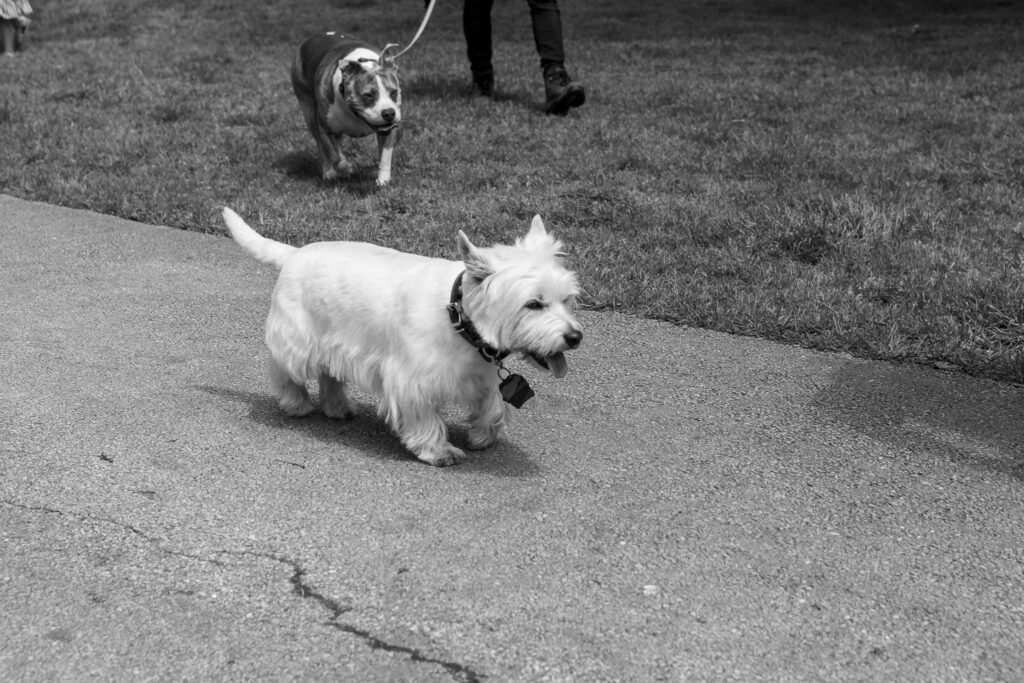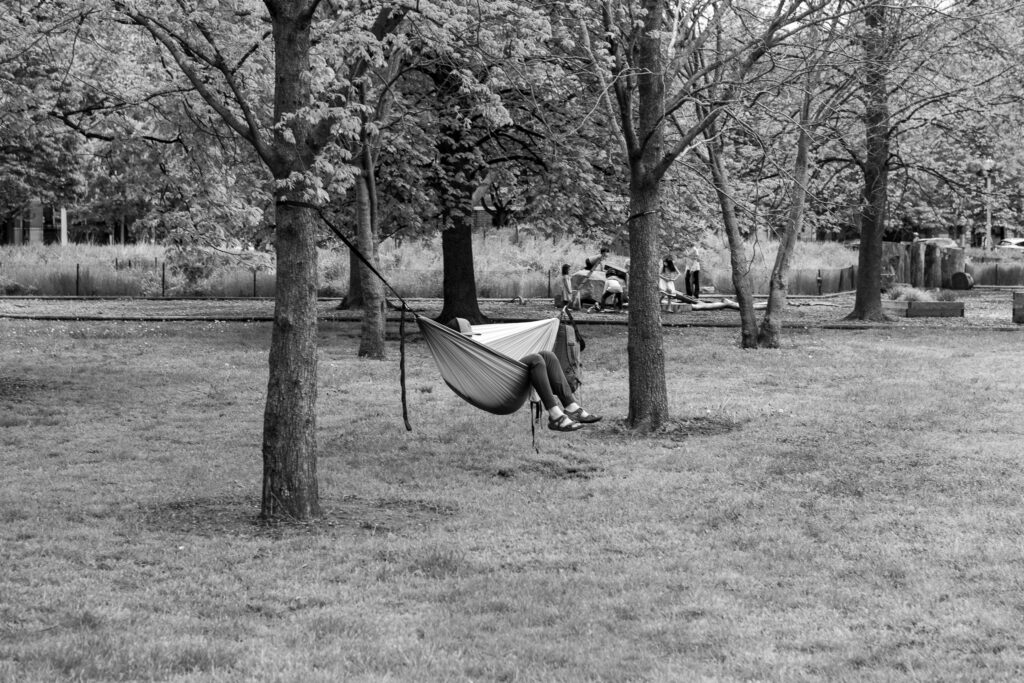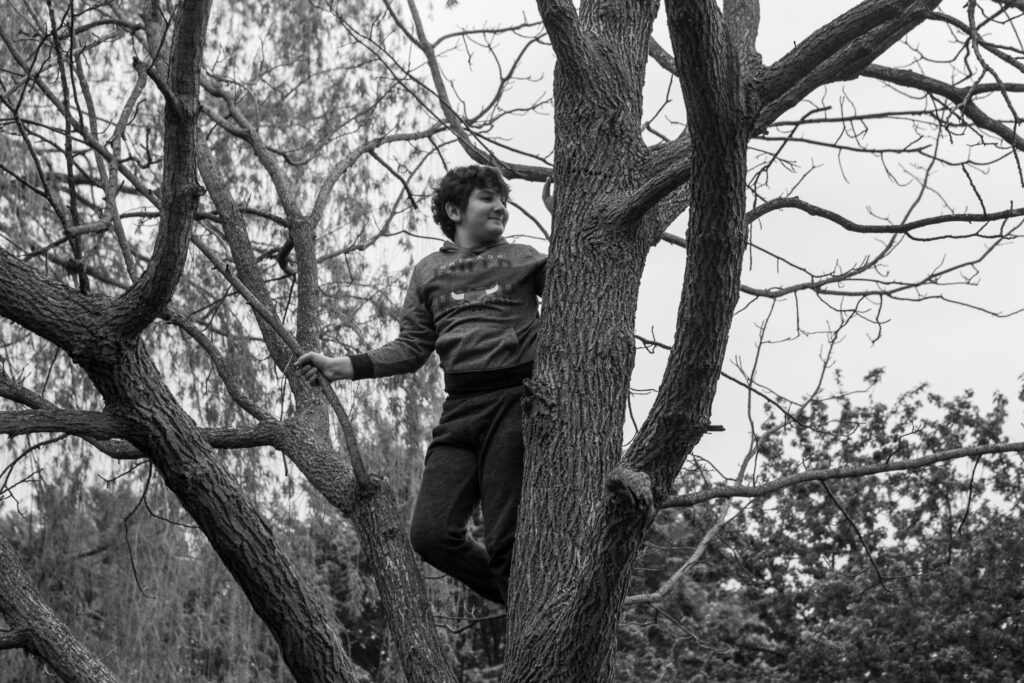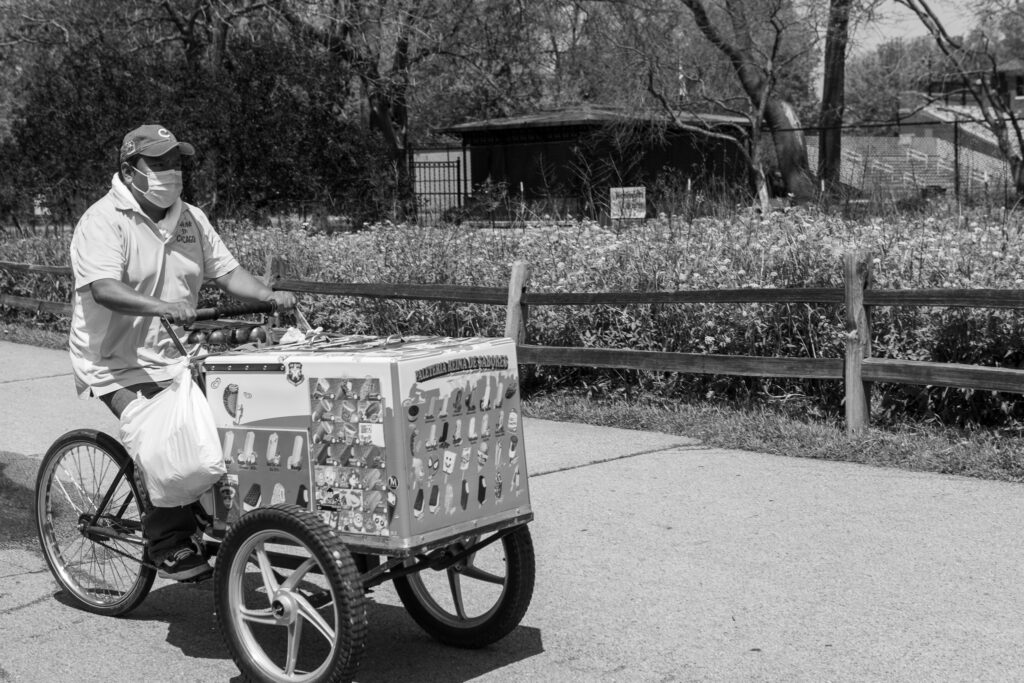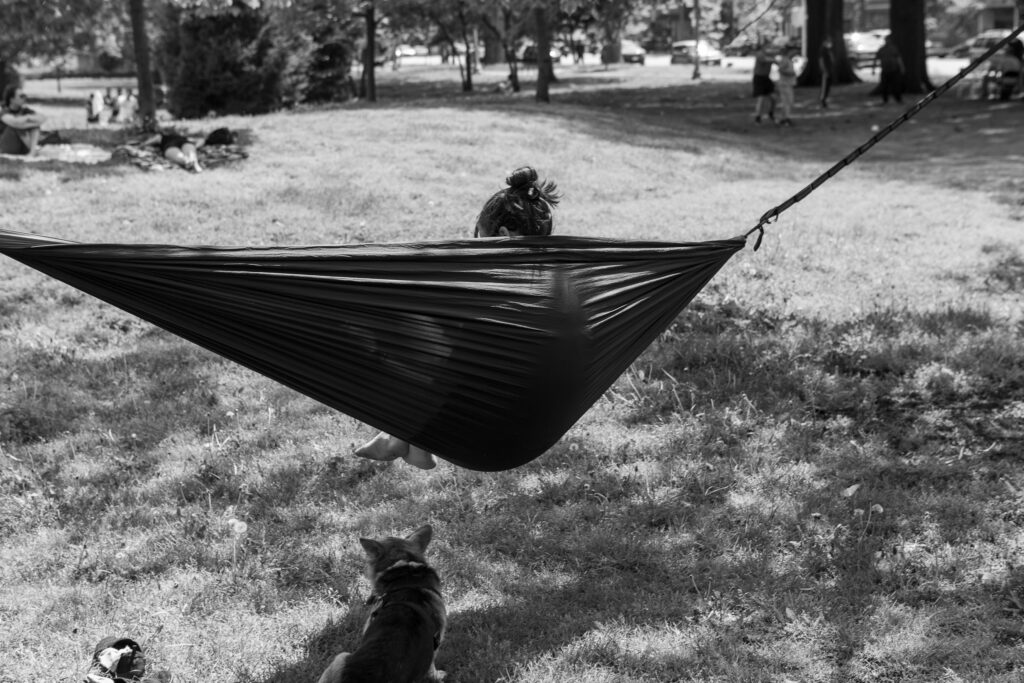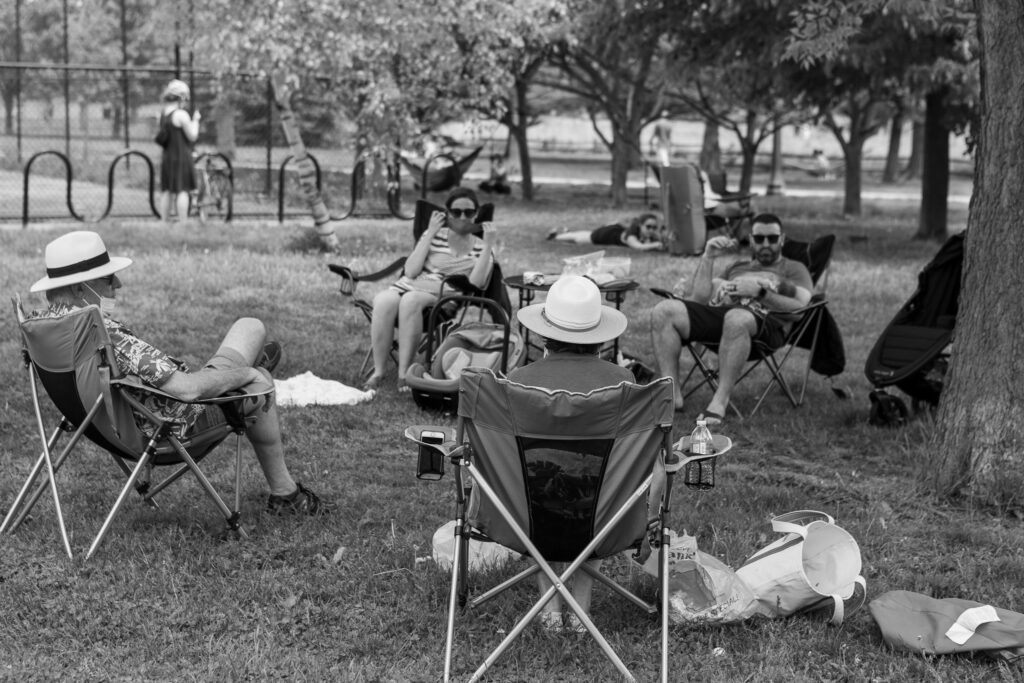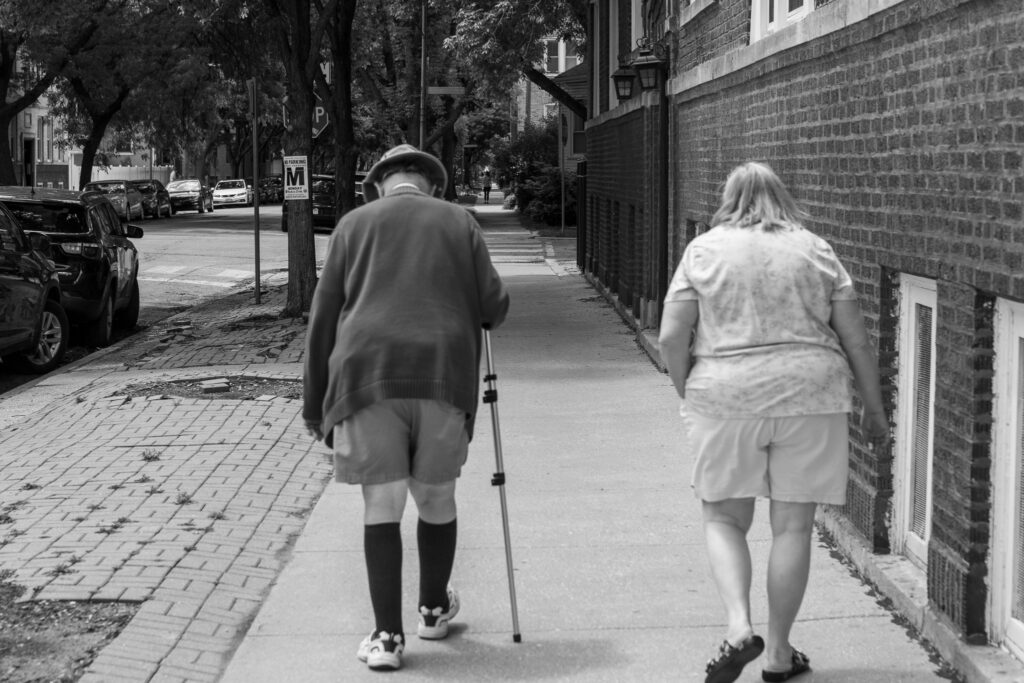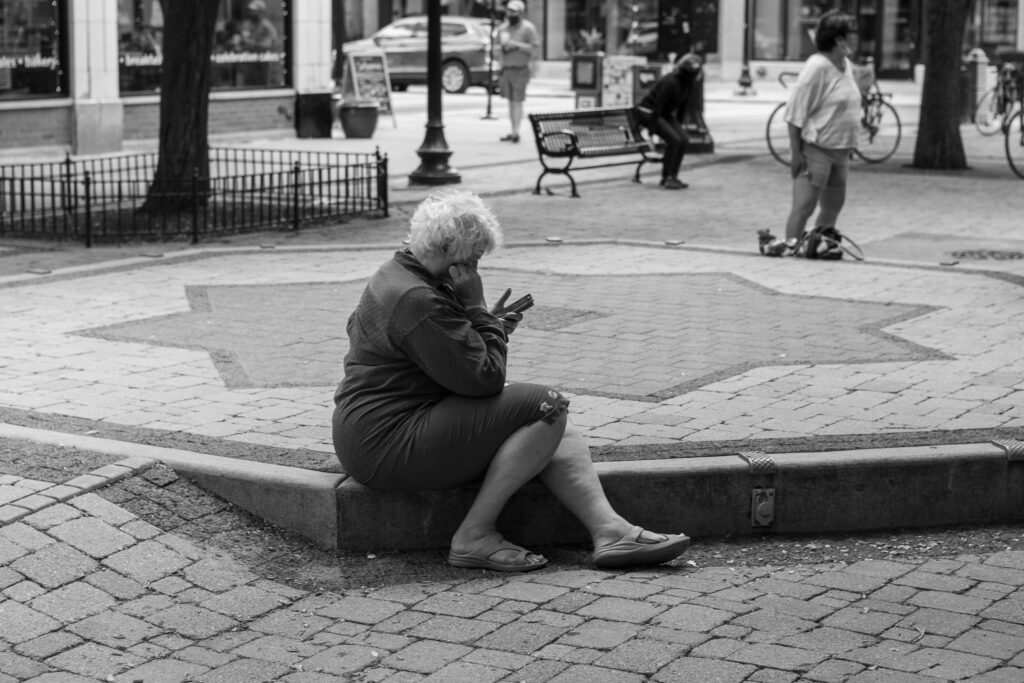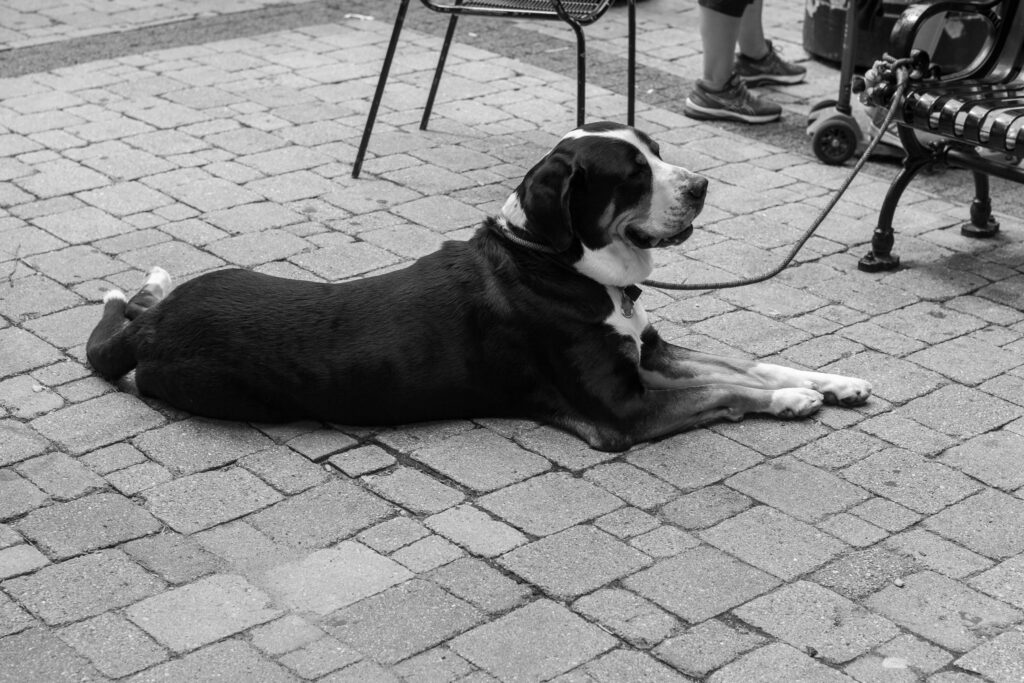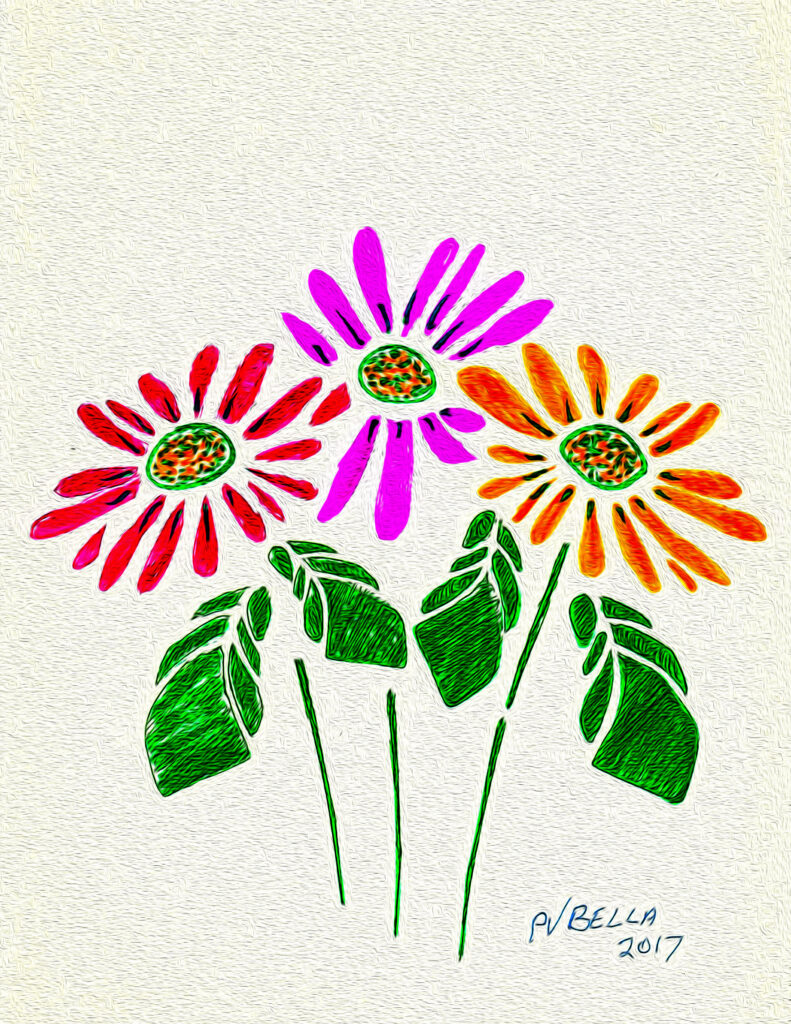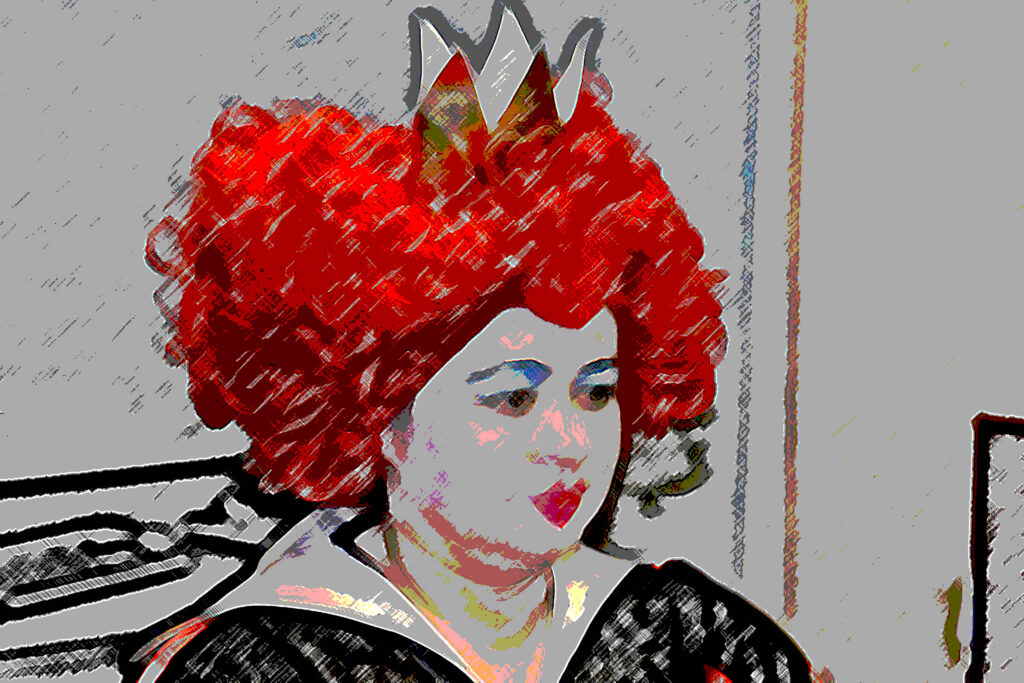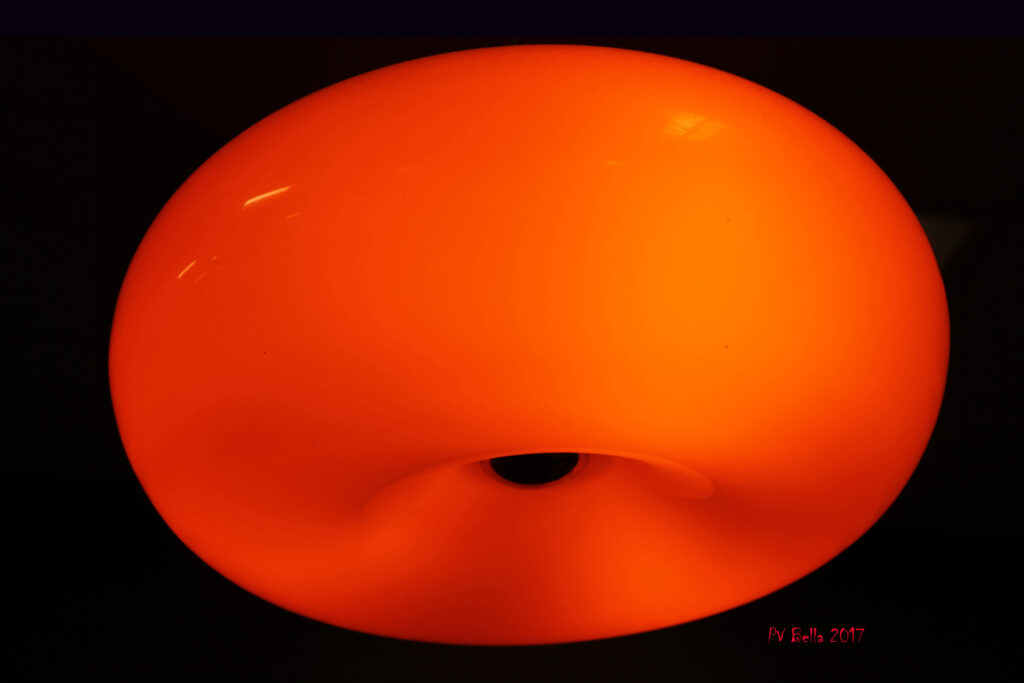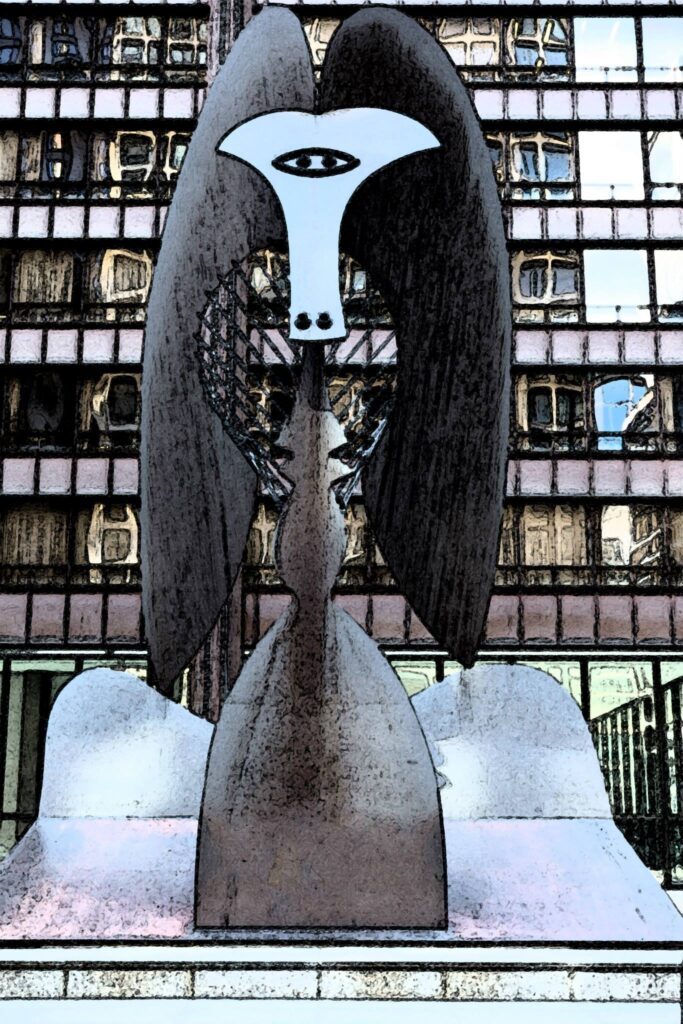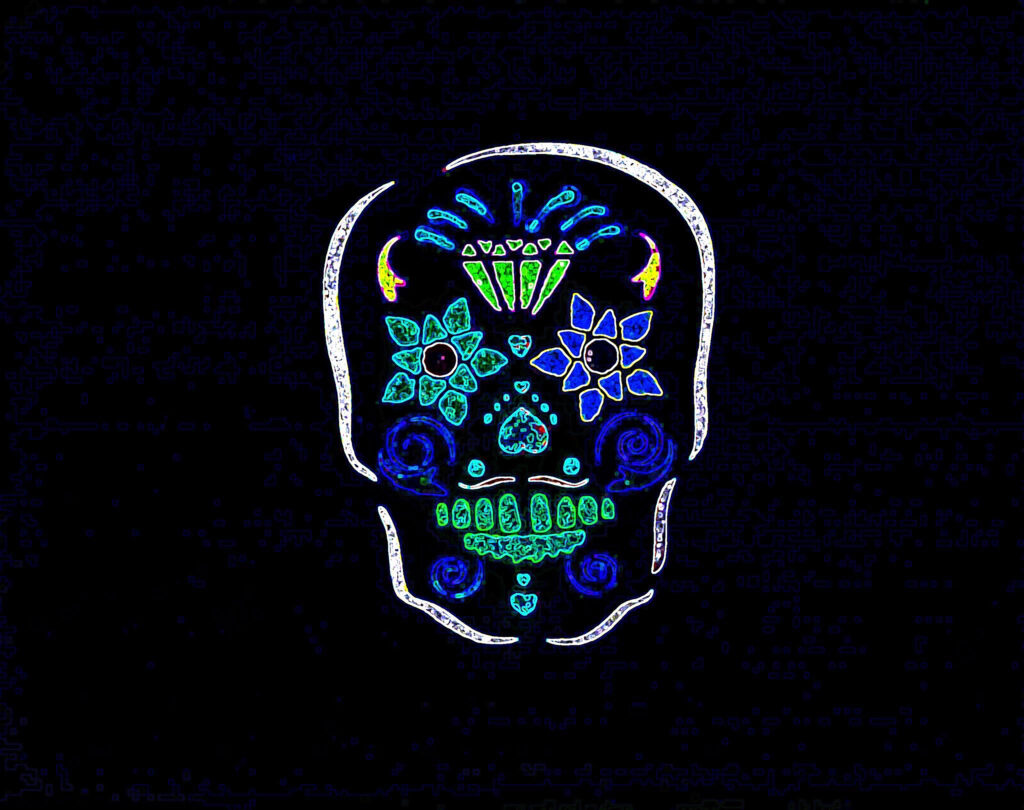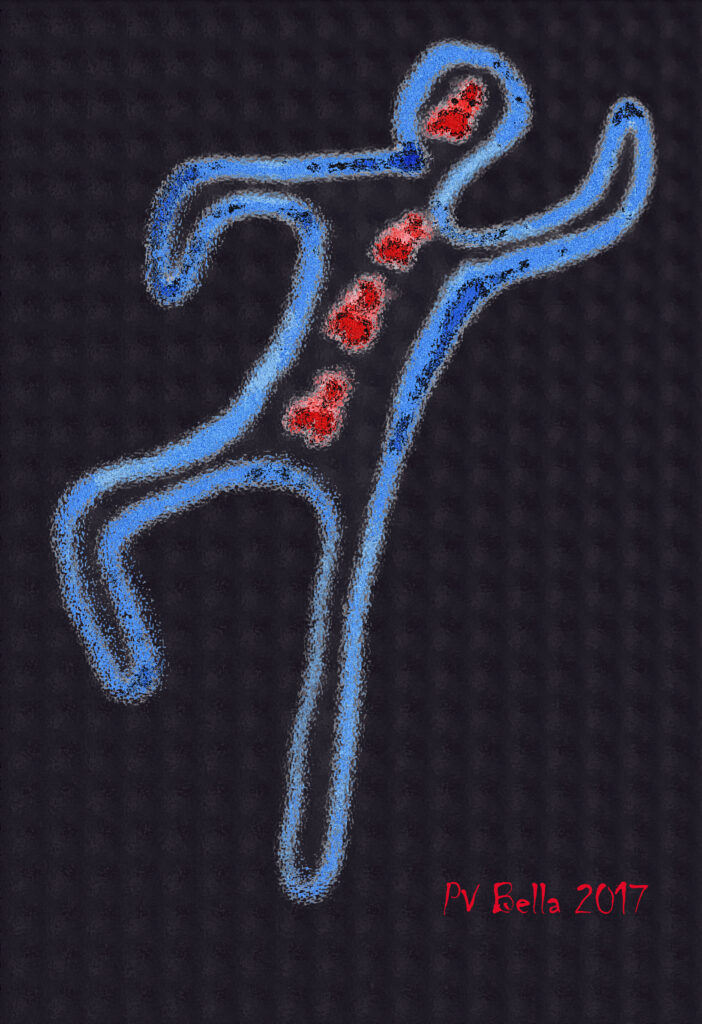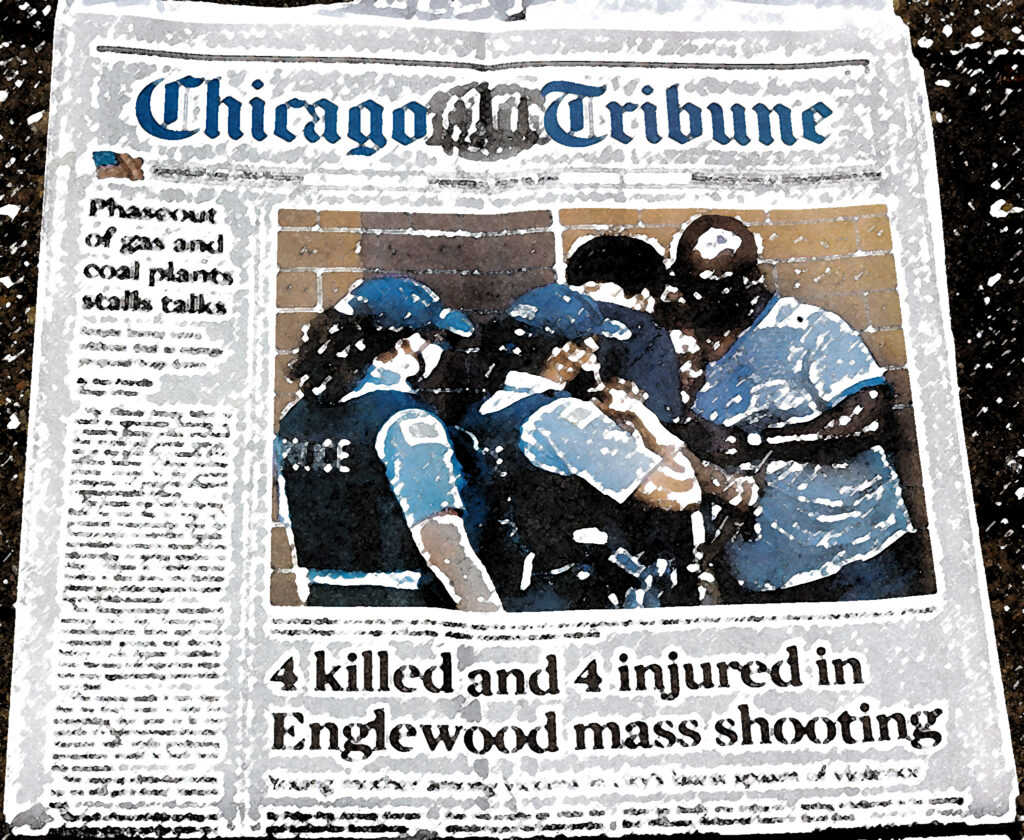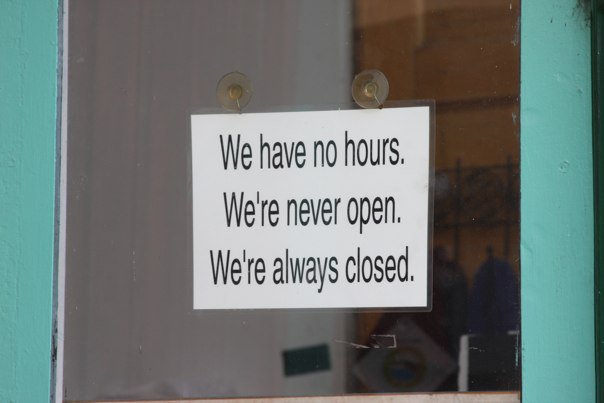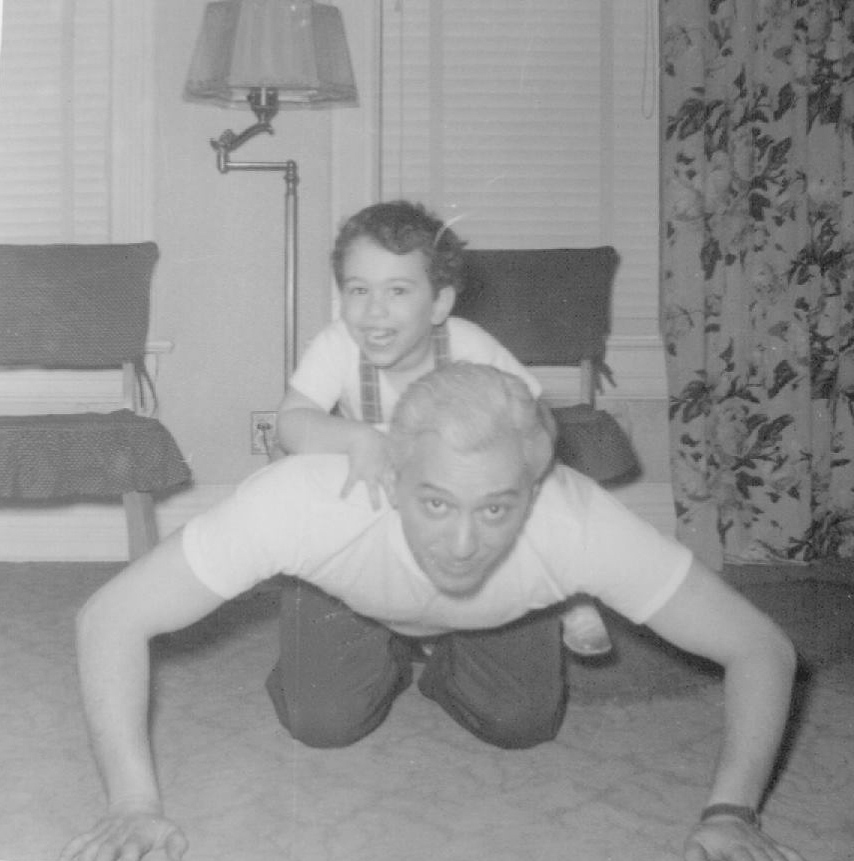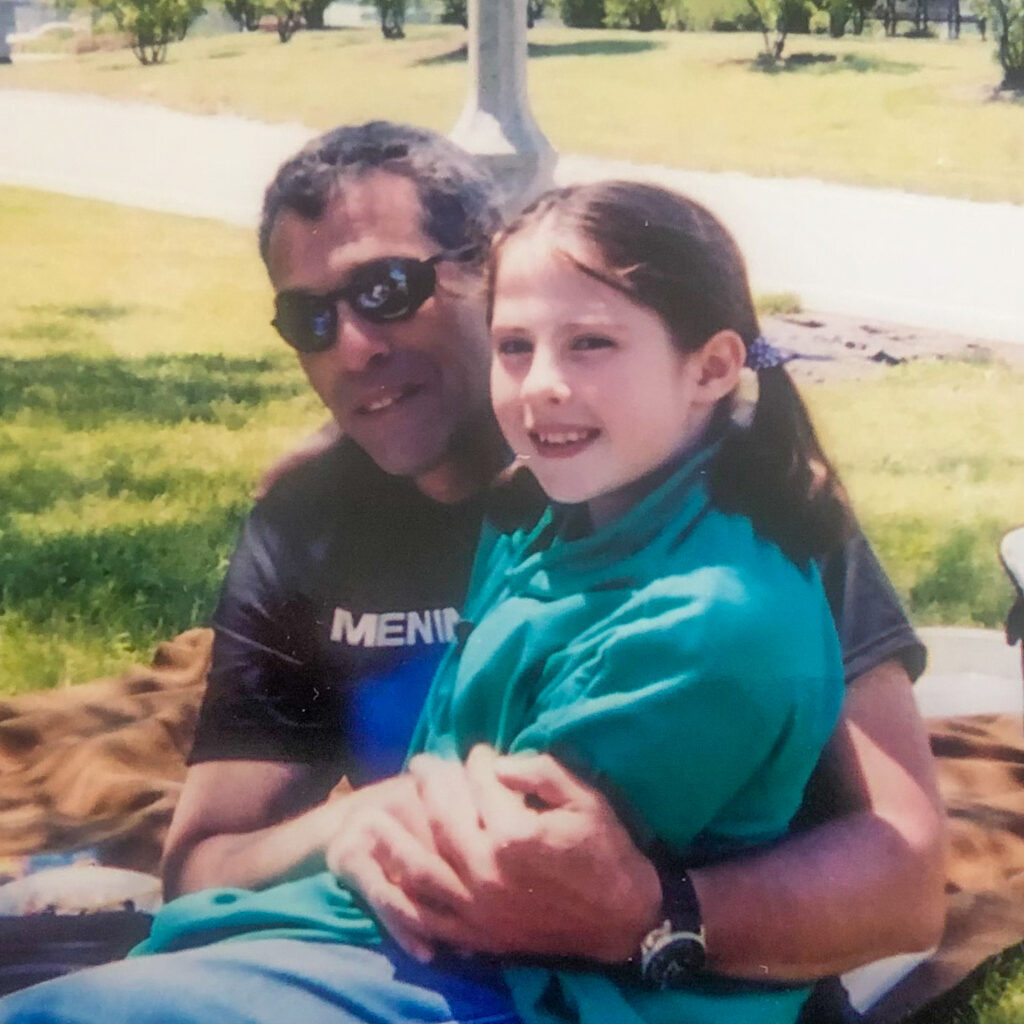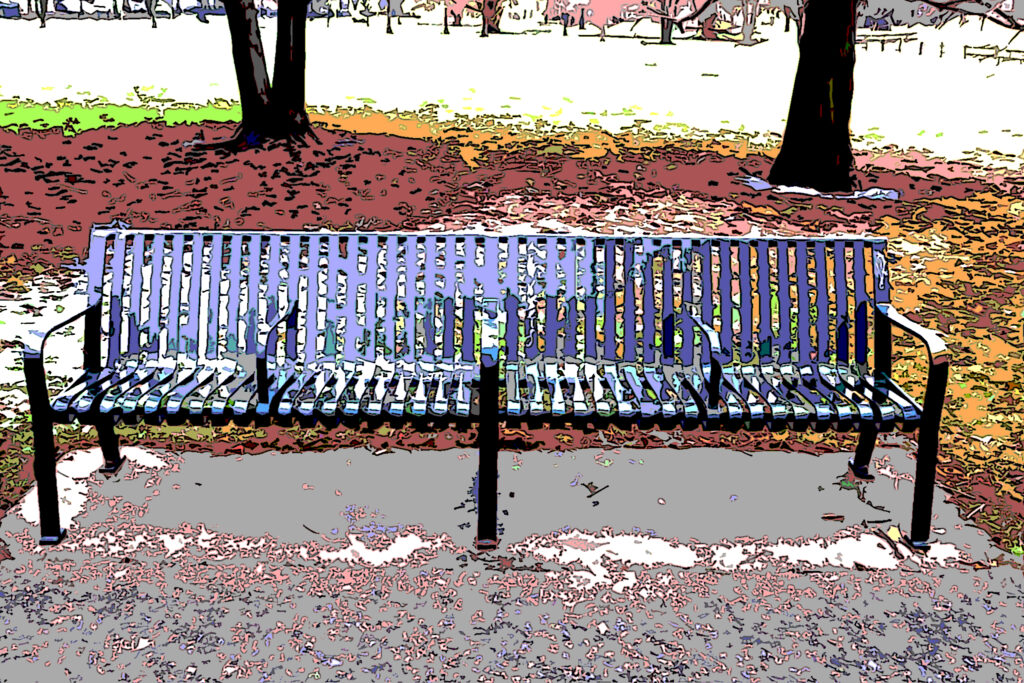
Last March, when Chicago shut down due to the COVID pandemic, I took a walk every day, weather permitting. Though the weather was somewhat mild, there was still snow on the ground. Once in while some new snow fell.
I would walk between one and two and one half miles. There are two large parks bordering each end of my neighborhood. There is a decent sized plaza on the main commercial strip too. I would stop at each spot to sit on a park bench for a bit.
As I sat and rested or drank coffee, I observed the people in the area and the activities they did as the weather went from winter’s end to spring. Sometimes I kvetched, daydreamed, ruminated, doodled, or just cleared the cobwebs out of the fine French sieve that is my brain.
I listened to various news stations on these forays. At first, most of the news was pandemic related. It was all numbers. How many people in Chicago were infected, how many died, how many tested. On and on. The pandemic dominated the news cycle locally and nationwide.
I carried a camera and notebook on these excursions. Over the course of eight months, I shot over 6000 photos. I carried a notebook to jot down thoughts or things I noticed.
From those park benches I watched children climb trees and the sculpted lamp post in the plaza. As the weather warmed, hammocks were popular, strung between trees. Some practiced tightrope walking, stringing practice slack lines between trees.
Picnics and parties were held in the park, all social distanced. Some were more elaborate with buffet tables and a table used for a bar, along with the ubiquitous coolers for beer. As spring turned into summer, people were married in the parks and had their “receptions” there.
Children’s birthday parties were held, with inflatable decorations and all the other things parents buy to decorate and celebrate.
During the warm weather, there were live performances in Giddings Plaza. The star shaped stage has electrical outlets for amps and other devices. On some days there were several performances.
During the course of the pandemic, I learned more about my neighborhood than I did during the 13 years I lived here. I made many discoveries about the place I call home. I made cordial relationships with some of the employees working in businesses that remained open.
One thing I noticed was the generosity of my neighbors. There are several birdhouse looking structures on the parkways or peoples front lawns. They were filled with food and personal hygiene products for anyone who needed them. People left bins with canned and dried foods in front of their homes.
Popular bars and restaurants started crowdfunding to assist their laid off employees. One restaurant offered free Thai food to children with a purchase. One of my neighbors knitted large butterflies on coat hangers. She put them on her lawn, with a sign, asking people to take them. This lasted for a few weeks. The butterflies were in front of homes or stuck in lawns all over the neighborhood.
I saw some changes. Older homes being torn down and replaced by new homes or McMansions, raised gardens in the parkways, gardens on patches of grass at corner intersections, and gardeners tending their plots. Gardening became popular.
After a while, I started seeing a few of the same people daily. On their porches, walking by, in the plaza, or the coffee shops. Nods turned into hellos which turned into brief conversations.
While sitting on those park benches, people approached and chatted for a few minutes. I also observed how during the course of a day the changes in people coming and going in the local parks and the plaza.
The pandemic gave me an appreciation for outdoor spaces, which most of us in Chicago take for granted. I made new acquaintances. Most days, I just walked or sat alone but never felt lonely.
